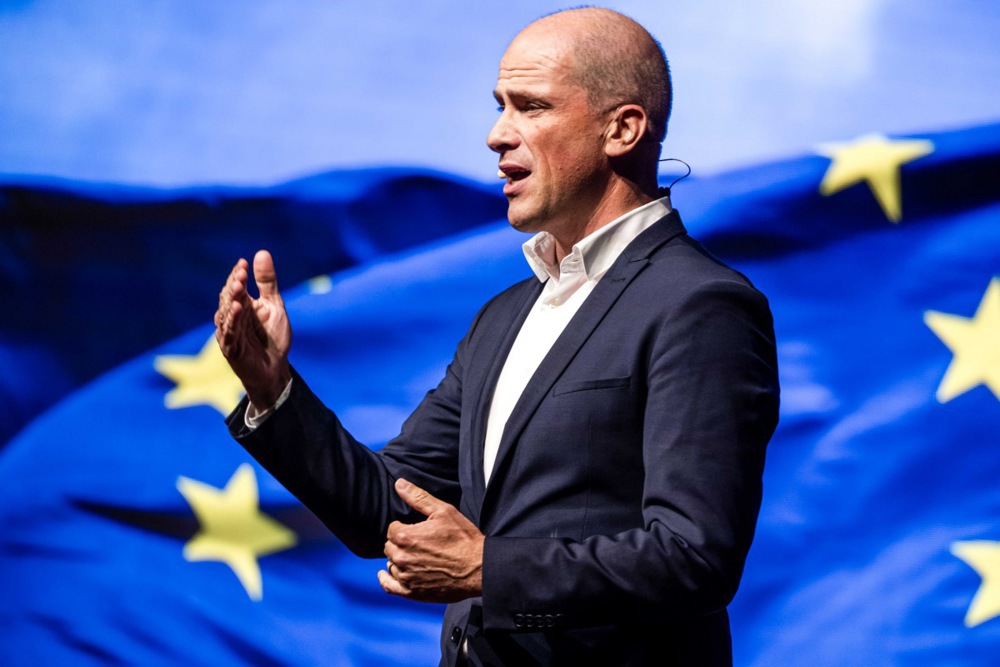Oil Change International, a non-profit US organisation that focuses on exposing the impacts of fossil fuels and advocates for a transition to clean energy, has issued a report that blasts climate policies and spending in Europe. In the firing line particularly are policies relating to carbon capture (CCS) and fossil hydrogen.
European countries, together with the US, were accused in the report published on August 28 by Oil Change International of wasting billions on environmental policies that “consistently fail, overspend, or underperform.”
Tthe European Union announced its first onshore carbon dioxide removal project on August 19 though the “green” NGO claimed this was a waste of time and money.
“Despite 50 years of development and an estimated $83 billion in investments since the 1990s, carbon capture has failed to make a dent in carbon emissions,” its report stated.
“In the United States, where most carbon capture projects operate with the help of major federal subsidies, 80 per cent of projects fail due to technical issues, over-expenditure and a lack of financial investment returns”, it continued.
Some 45 per cent of government financing has gone towards initiatives that are no longer in operation, the non-profit claimed. The majority of those projects were launched after 2008.
“Even if carbon capture functioned as planned, the projects currently operating globally would only capture 0.1 per cent of global emissions. However, many of these projects not only consistently operate below capacity but are predominantly used to boost oil and gas production through enhanced oil recovery,” it said.
“Despite this, a tsunami of new carbon capture projects are underway, undermining the imperative to justly and urgently phase out fossil fuels. This new wave is only made possible with hundreds of billions of dollars of public money offered by governments through policies announced since 2020.”

Oil Change International found that in the past 40 years in Europe, Norway has invested €5.4 billion, the EU €3.25 billion and the Netherlands €2.35 billion in carbon capture.
The NGO said that was effectively a subsidy for a fossil fuel product that was replaceable with renewable energy and noted that oil producers such as US-based multinational Exxon have lobbied hard for carbon capture subsidies.
During the Democratic Party Convention in the US from August 19 to 22, outraged climate activists caused disruptions because Vijay Swarup, former head of the Exxon’s research and development team, was invited to promote carbon capture. “Exxon lies, people die,” the protesters shouted, before being evicted.
According to lobbying disclosures analysed for The Guardian by Open Secrets, a non-profit that tracks money flows in politics, the oil giant has spent $54 million on lobbying since 2018, with more than 100 separate such efforts by registered lobbyists since 2021 targeting CCS, hydrogen, EOR and other related issues.
According to Oil Change International, these subsidies will extend fossil-fuel extraction and bolster the industry’s profits, undermining recent progress towards eliminating public financing for a sector that is not only highly profitable but also a primary driver of the current climate crisis.
It also claimed that CCS projects frequently failed or delivered well below industry claims of capturing more than 90 per cent of emissions.
CCS is a way of reducing CO2 emissions. It is a three-step process, involving capturing the CO2 produced by power generation and industrial activity, transporting it and then permanently storing it deep underground.
Fossil hydrogen, also known as “grey” hydrogen, is hydrogen produced from fossil fuels such as natural gas and coal. It is the primary method for producing hydrogen globally, accounting for most of the world’s current supply.
4/ Governments are planning to spend $200B+ to prop up failing carbon capture and fossil hydrogen projects. We need real climate action, not fossil fuel bailouts! Read the full report here: https://t.co/PlPhgyVFvo
— Oil Change International (@PriceofOil) August 29, 2024





